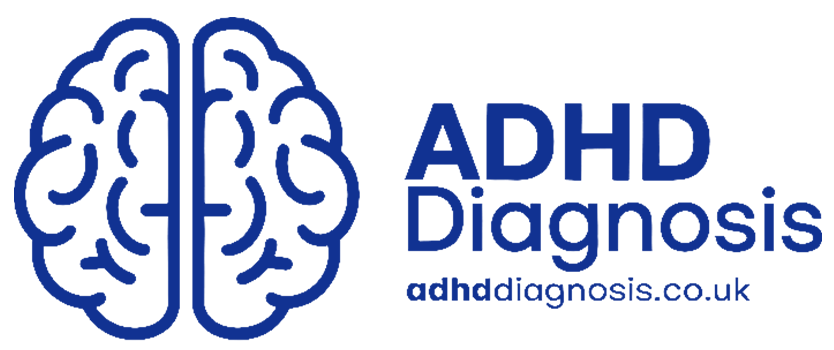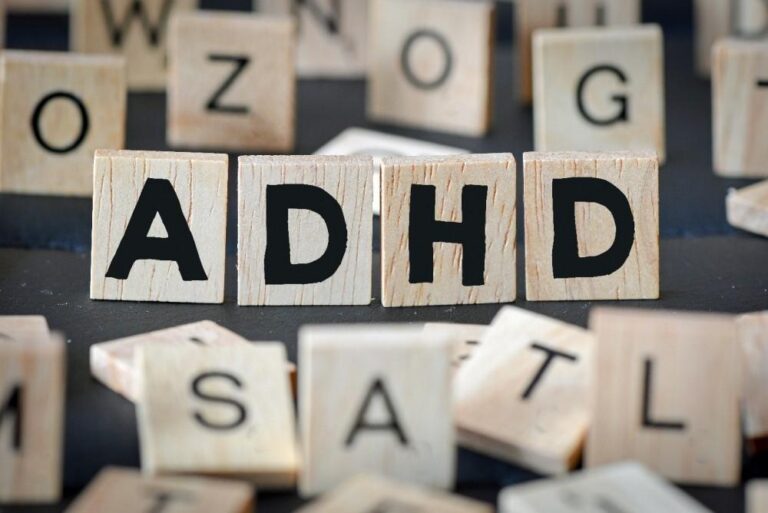Maintaining healthy, fulfilling relationships can be a unique challenge for adults with ADHD. Symptoms like forgetfulness, impulsivity, emotional reactivity, and inattentiveness may strain romantic partnerships, friendships, and family bonds.
Communication difficulties often arise, as ADHD brains may interrupt, lose track of conversations, or misinterpret social cues. Partners and friends might feel unheard or undervalued, while adults with ADHD can feel misunderstood or criticised.
Impulsivity can lead to saying things without filtering or reacting strongly to minor issues. Additionally, executive dysfunction may result in missed dates, forgotten commitments, or chaotic household management, which can breed frustration.
Despite these challenges, many adults with ADHD bring qualities that enrich relationships: creativity, spontaneity, empathy, and loyalty. Recognising and appreciating these strengths is vital.

Relationship success often depends on education and teamwork. Couples or family therapy that includes ADHD-specific strategies can foster better understanding and problem-solving. Partners benefit from learning how ADHD manifests and how to support rather than blame.
Practical solutions like shared calendars, reminders, and clear communication routines help reduce misunderstandings. Self-awareness and ongoing personal management of ADHD symptoms also improve relationship quality over time.
With patience and effort, adults with ADHD can build deeply rewarding relationships that thrive on honesty and acceptance.







